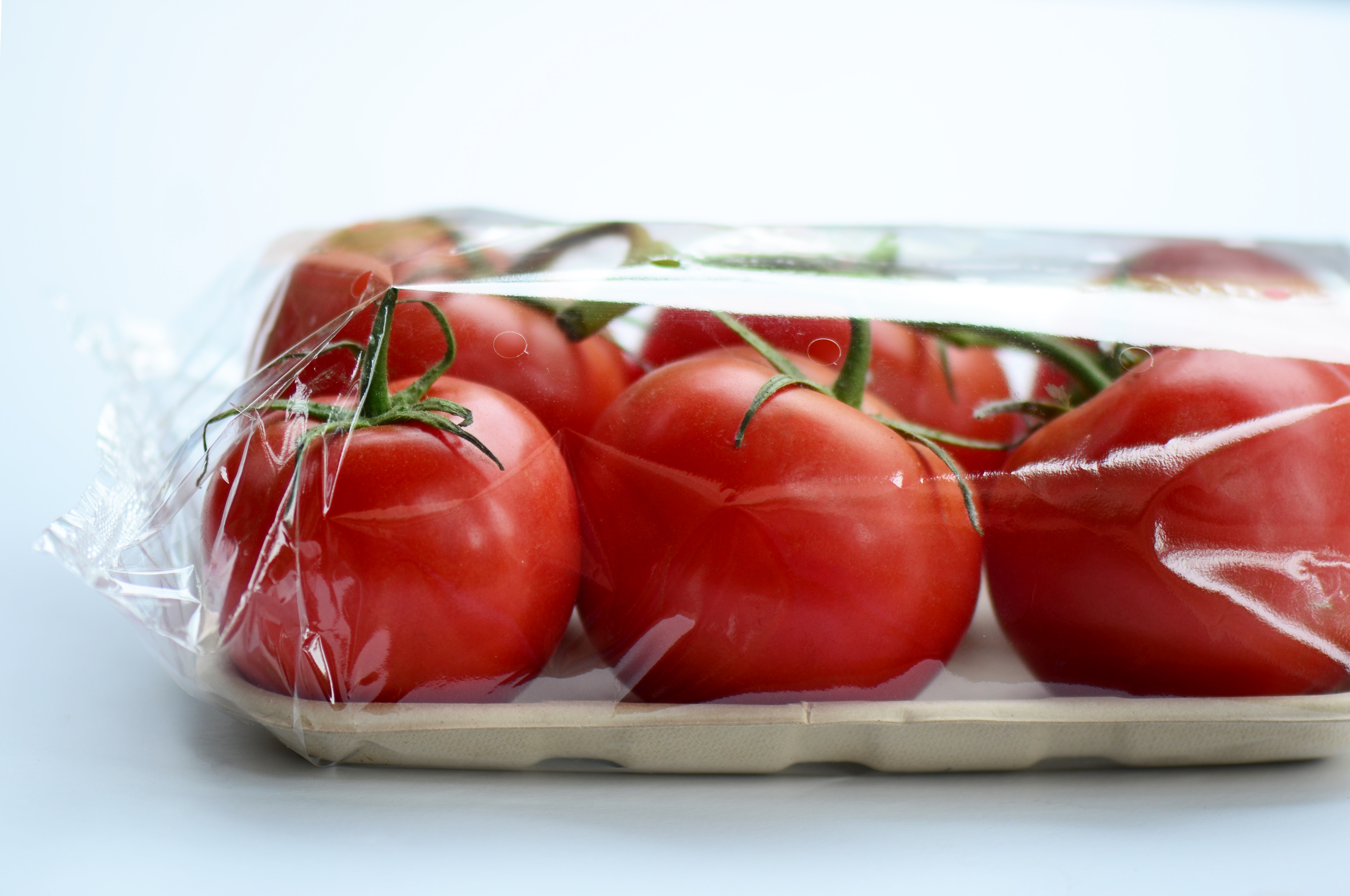Less plastic wrapped produce. More recycling. No plastic straws.
On Monday, Germany’s Environment Minister Svenja Schulze announced a plan designed to address the plastic crisis that has wreaked absolute havoc on the environment in recent decades.
As Germany seeks to become less of a “throwaway society”, they introduced a 5-point plan aimed directly at fighting single-use plastic dependency and taking initial steps in becoming more sustainable.
The Five Point Plan
The ministry’s proposal advocates the following five steps to drastically reduce plastic waste:
- Avoiding unnecessary products and packaging: Schulze gave the example of a banana, which “comes with its own biodegradable packaging, namely a banana skin. That will have to suffice in future.”
- Making packaging and other products more environmentally friendly: Companies will be encouraged to do this via new licensing rules, with less environmentally friendly packaging incurring larger fees.
- More recycling, more recycling stations: The government aims to increase its plastic recycling targets from 36% of total waste to 63% by 2022.
- Preventing plastics from getting into organic waste: This would also improve the quality of compost. People will be encouraged to take more care when separating their trash, a common practice for years in Germany.
- International efforts to limit plastic waste at sea: Increased German aid donations are foreseen to this end, specifically to clean up the 10 rivers that are thought to account for 90 percent of the plastic waste in the world’s seas.
In addition to their own plan of action, Germany called for an international commitment as well.
“With these measures, we are reversing the trend in the use of plastics,” Schulze said in a statement. “We produce far too much plastic in our consumer and throwaway society.”
The ministry believes single-use plastic to be a “global issue” and would support a European-wide ban on such plastic items. Schulze pointed to the success of similar recent legislation banning single-use plastic shopping bags from many stores.

Scientists estimate that there are currently 150 million metric tons of plastic floating in the ocean, with an additional eight million being added to that number every single year.
In recent years, people have started cutting down on plastic consumption, as we have begun to see the effects plastic can have on the environment and our oceans.
Although most people know that plastic cannot be absorbed back into the environment, there are many that are unaware just how much plastic ends up in our oceans – and how detrimental this can be.
In addition to being bad for the environment, the amount of plastic in the ocean continues to grow – affecting wildlife and humans alike.
How can you help?
Small changes can make a big difference.
Forgo straws, as many restaurants have begun to do, which lessens plastic waste and protects wildlife.
Switch to reusable bags when shopping – as single-use plastic bags are a large part of the problem.
Knowing the proper way to recycle common plastics is necessary if humans want to keep plastics from the ocean, and makes a huge difference!
Facebook Comments